What kinds of companies have bounced back better from the pandemic years? New evidence shows it’s the ones who had already invested time and energy in building their capacities for innovation.[…]
Continue reading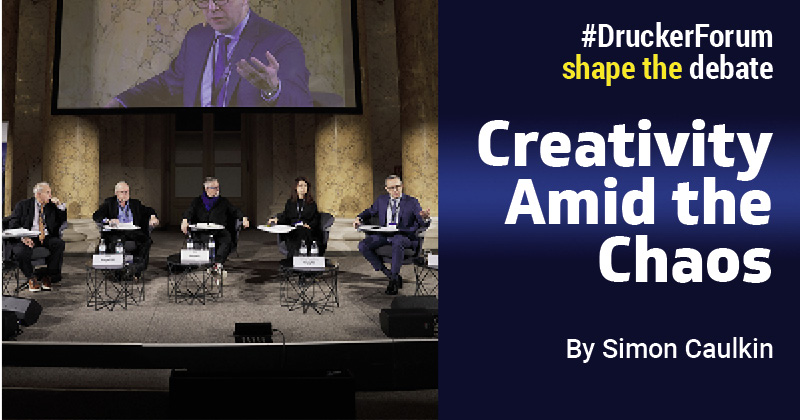

What kinds of companies have bounced back better from the pandemic years? New evidence shows it’s the ones who had already invested time and energy in building their capacities for innovation.[…]
Continue reading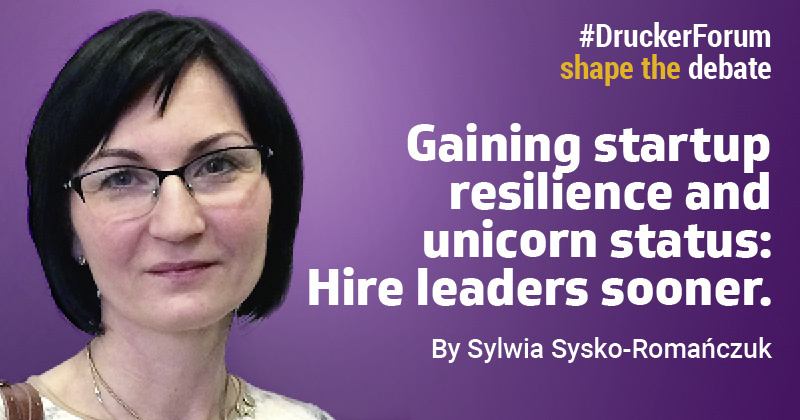
At this year’s 15th Global Peter Drucker Forum, the Huawei Masterclass had as its guiding principle the idea of enabling the growth and innovation of startups. In his opening remarks, Gavin Allen, editor-in-chief of Huawei, said that SMEs are the engine that keeps Europe’s economy running and new ideas coming to fruition. A prosperous economy in Europe depends on its millions of new businesses. […]
Continue reading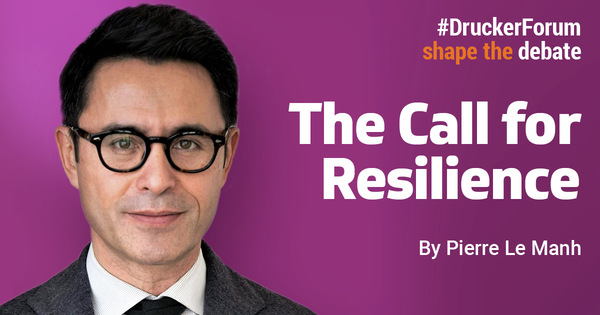
In 2009, the first Annual Drucker Forum was held to mark the centenary of Peter Drucker, the “father of modern management.” Coincidentally, that same year, the world faced the most severe worldwide economic crisis and recession in 80 years. Since then, we have witnessed an accelerated pace of change and experienced many unexpected challenges. The past few years have been especially difficult as we dealt with COVID-19, geopolitical disruptions affecting the global economy, very discernible effects of climate change, the polarization of societies, and the rise of artificial intelligence. […]
Continue reading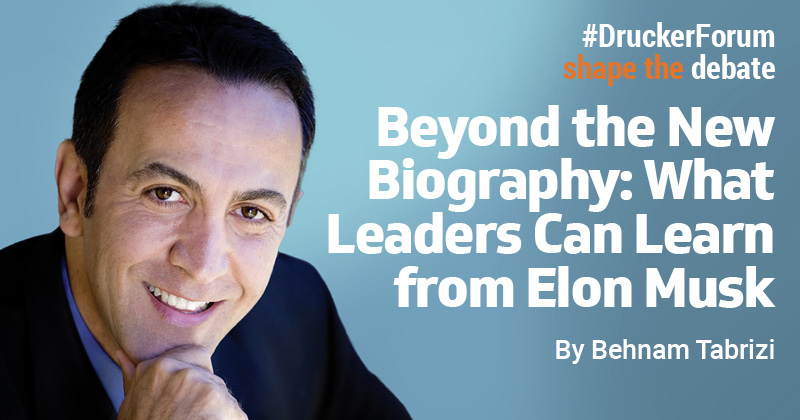
Walter Isaacson’s near-700-page biography of Elon Musk covers a lot of ground. We get many stories of the remarkable innovator, how he revolutionized at least two industries, automobiles and rockets, and his controversial purchase and overhaul of Twitter. Great reading – but what can a leader learn from Isaacson’s account? […]
Continue reading
Well might the organisers of this year’s Global Peter Drucker Forum have invoked “an age of discontinuity” in the conference title. These have been a shattering few years. If you are not troubled you have not been paying attention. Indeed, “troubled” will hardly do as a descriptive term. “Exhausted” might be a more honest assessment. The more stable world we once knew, and perhaps took for granted, seems a thing of the past. […]
Continue reading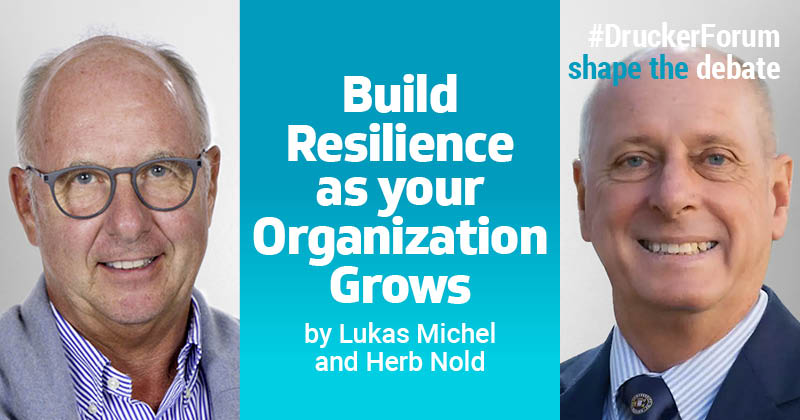
You know the situation. You have seemingly done nothing different, but suddenly notice that your leadership is less effective, your culture signals infections, and your management system keeps you busy rather than serving your business. It is very likely that these are the early symptoms of a systemic crisis that is about to hit your organization. That crisis is a natural part of your growth cycle.[…]
Continue reading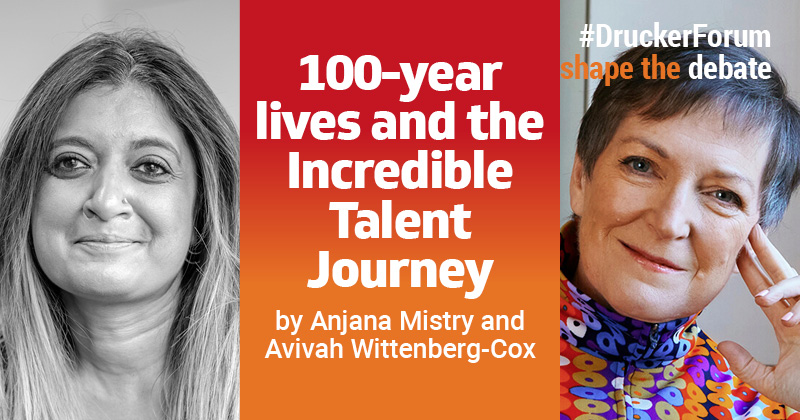
Does age really matter if people are in the right role, doing what they love? The statistics are in, and we now know that the 100-year life, once a distant Holy Grail, is on course to become the new norm. That half of those born today will live into their 100s is incredibly positive news – who wouldn’t want to live longer? In a world that has long adhered to a three-step life journey, made up of childhood, adulthood, and old age – a world where we’re hard-wired to expect retirement at 65 and where the spotlight tends to dim on the over-50s as they’re progressively ushered away from the corporate steering wheel – increasing longevity offers a chance to rethink and re-energise the whole second half of our life. […]
Continue reading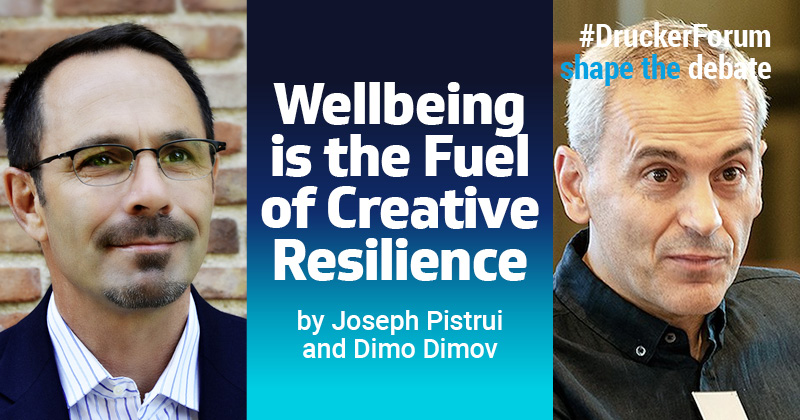
For over 1000 years Icelandic farmers have had a symbiotic relationship with eider ducks. They create shelters (‘Skjól’) for the birds to keep out predators. In May and June, the birds arrive to lay their eggs in these man-made sanctuaries, while farmers keep a watchful eye over them. After the eggs hatch and the birds leave to return to fishing, the farmers collect the down lining in the abandoned nests and process it into the most desirable natural materials for bedding. […]
Continue reading